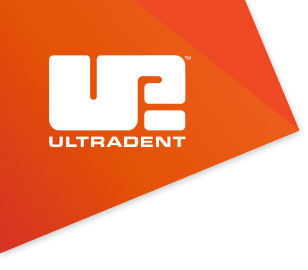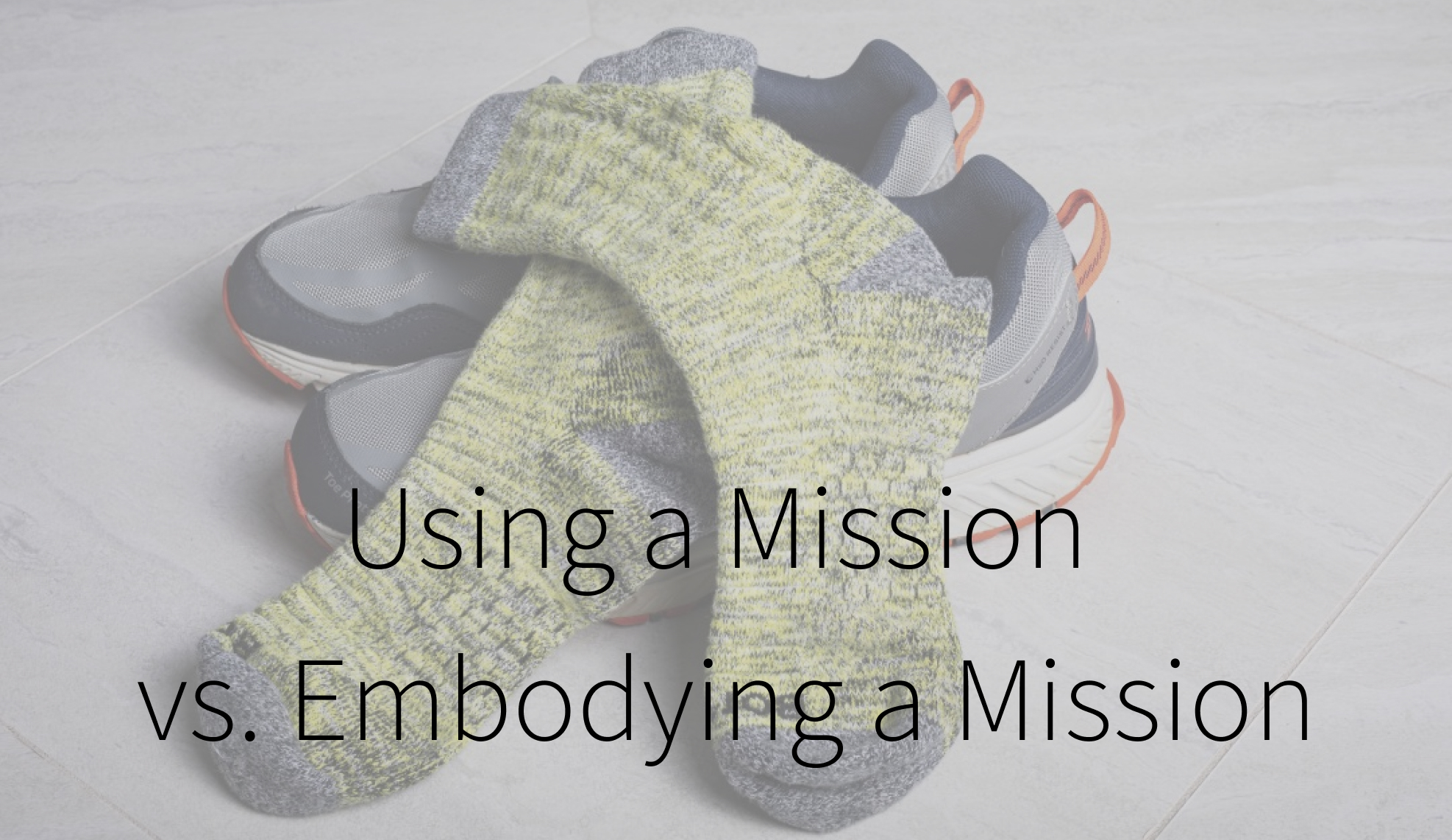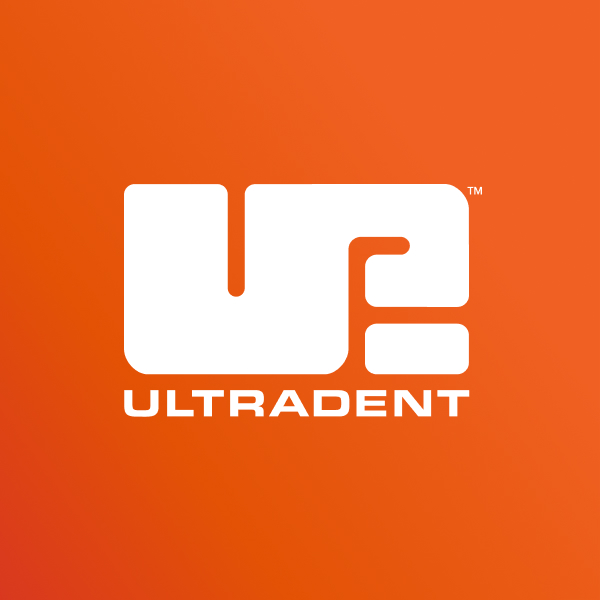Editor's note: This blog was written by Ultradent President & CEO Dirk Jeffs as part of the From the Desk of Dirk Jeffs series.
It felt like a sucker punch, reading the findings of the independent report several years ago. Laser teeth whitening was all the rage and Ultradent had found a way to participate—launching a new product that was far less expensive and just as effective as the popular products used on reality makeover shows at the time. Soon after, one of the world’s most respected dental research organizations published their disappointing conclusion:
"Use of lights according to the manufacturer's directions did not improve lightening for any system tested." This conflicted with the results we had achieved in our own research and development process. We adjusted our protocols and tested again. The independent researchers were right. Our new teeth whitening product—and all the “laser whitening” products on the market—produced the same results regardless of whether a light was used. The light was nothing but a marketing gimmick.
We had a choice.
On one hand, we could continue marketing this new product. We had invested a lot of time, money, and research. Patient demand for laser whitening was high, even after the report was published. We were poised to sell a lot of this product and the new innovation would shore up our position as the world leader in teeth whitening.
On the other hand, we knew better. We could no longer tell an ethical, authentic brand story around this product—we knew the claim couldn’t back itself up with reputable research. Our competitors would continue to tout laser teeth whitening for decades afterward, but to us, it just felt wrong.
We removed this teeth whitening product from the market and communicated openly with our customers. We were wrong and we admitted it—no excuses. This shouldn’t be unusual, but it was, and it attracted industry notice. Ultradent was later recognized for its high ethical standards and the same prominent leader from the research community filmed a testimonial about us.
What was supposed to be a laser teeth whitening treatment then became our Opalescence™ Boost™ in-office teeth whitening system, which doesn’t use a light, and produces beautiful results with marketing we can stand behind.
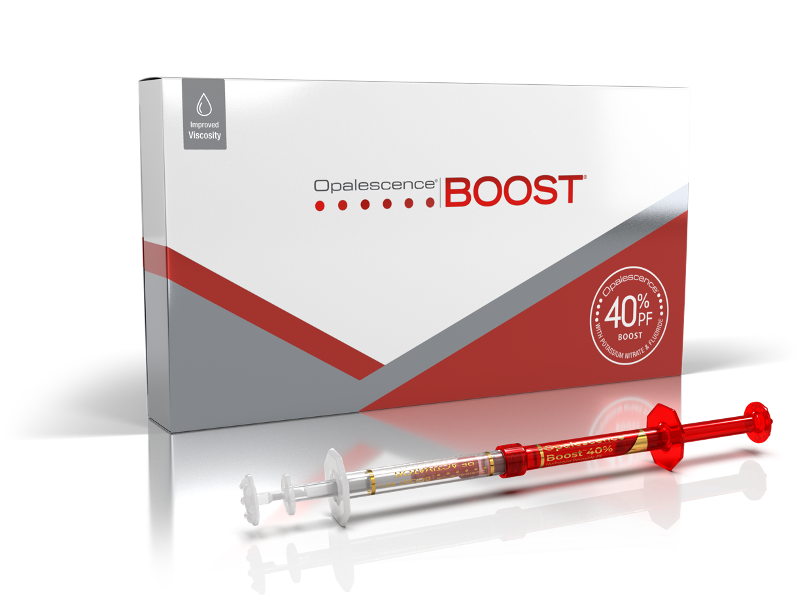
Opalescence Boost in-office whitening treatment.

Opalescence Boost in-office whitening results after three treatments.
Building an authentic brand is more than just selecting appealing “core values vocabulary” to print in the employee handbook. An authentic brand is self-aware. Its core values are not merely aspirational. The values already live in the corporate culture, so that formalizing them feels natural.
“An authentic brand is self-aware.”
Our core value of integrity is one litmus test for all the decisions we make at Ultradent. We define integrity as honesty plus courage. Our founder, Dr. Dan Fischer, often says “Honesty without courage is like spitting in the wind.” In brand research Ultradent conducted a few years ago, our customers noted they felt our company is “trustworthy and progressive.” Our focus on integrity drives customer perception of a trustworthy brand.
A company’s purpose should also be obvious. In Start with Why, Simon Sinek explains the concept of The Golden Circle. He says consumers don’t buy what your brand does. They are inspired to buy why your brand does it. Ultradent sells dental products to dentists—that’s our what. Our why is different—improving oral health globally. The products we produce must always align with this mission. Our humanitarian pursuits will resonate more when they also connect to this pursuit.
Customers can tell the difference between brands that use a mission vs. those that embody a mission. Authenticity is especially important to millennials—a large and important target market for many brands. However, this group of people have been overmarketed to and are searching for REAL products and experiences—things that connect them to a cause or point of view that’s important to them. They crave authenticity so much that, in the absence of authentic marketing, they generate authentic content themselves. Many brands find user generated content to be more authentic and resonant than what their professional staff can produce.
Here is one campaign that was widely criticized for lack of authenticity:
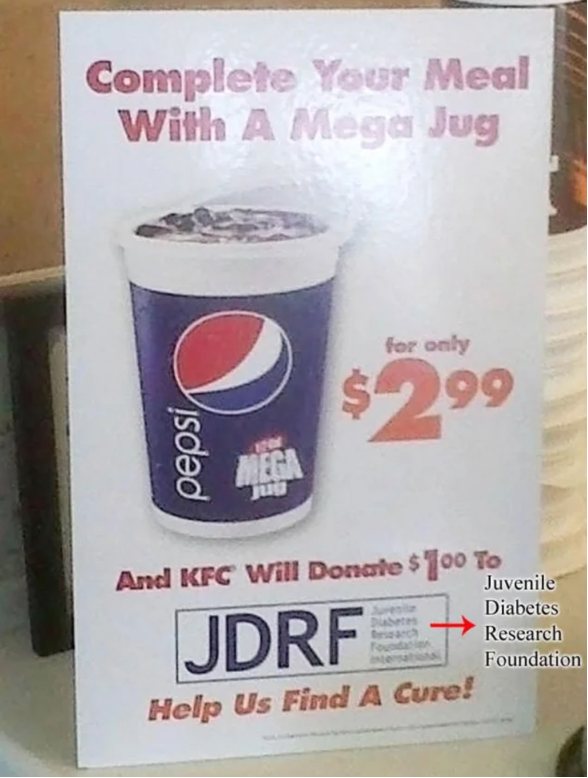
The purchase of a mega jug of soda will contribute to research for juvenile diabetes. The cause is good, but the messaging doesn’t resonate. The why doesn’t connect to the what. It feels opportunistic and inauthentic.
On the other hand, Bombas got their messaging right:
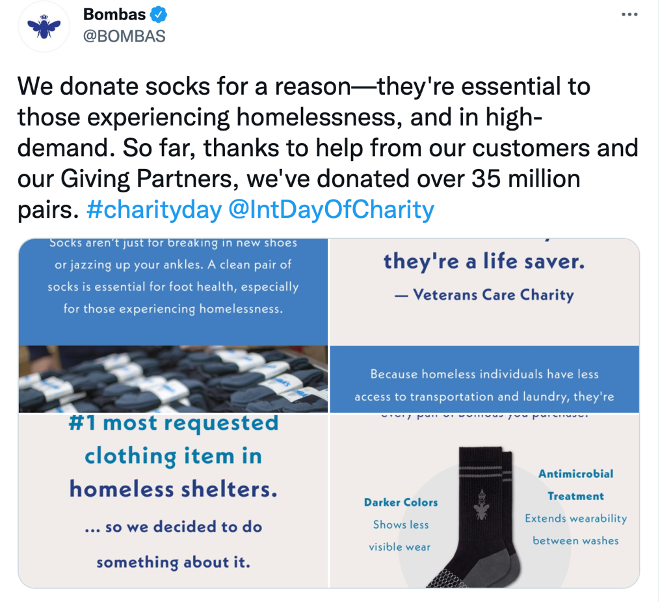
Bombas perfected sock design for the needs of homeless people and will donate a pair with every purchase. The why connects to the what. The messaging is authentic, which makes it compelling.
I’m sympathetic when brands miss the mark with authenticity; it is so easy to be distracted by causes or trends. The fact that a cause is noble or the idea is good doesn’t mean it aligns with our why. Staying true to our core values and mission takes discipline. Harvard business professor Michael Porter says, “The essence of strategy is choosing what not to do.” Perhaps then, the essence of authentic branding is choosing who not to be.
About Dirk Jeffs, CEO & President of Ultradent Products, Inc.

Dirk Jeffs began his Ultradent career as the International Sales Manager in 1996. While he maintains a passion for all things international, as our President and CEO, Dirk’s responsibilities include oversight of every facet of our global company. In his free time, Dirk enjoys the many outdoor opportunities available in Utah, testing his limits through endurance sports including the Ironman triathlon, which he has finished four times. Dirk is fluent in Spanish and earned a BA in International Relations and an MBA from the Marriott School of Management at Brigham Young University.

